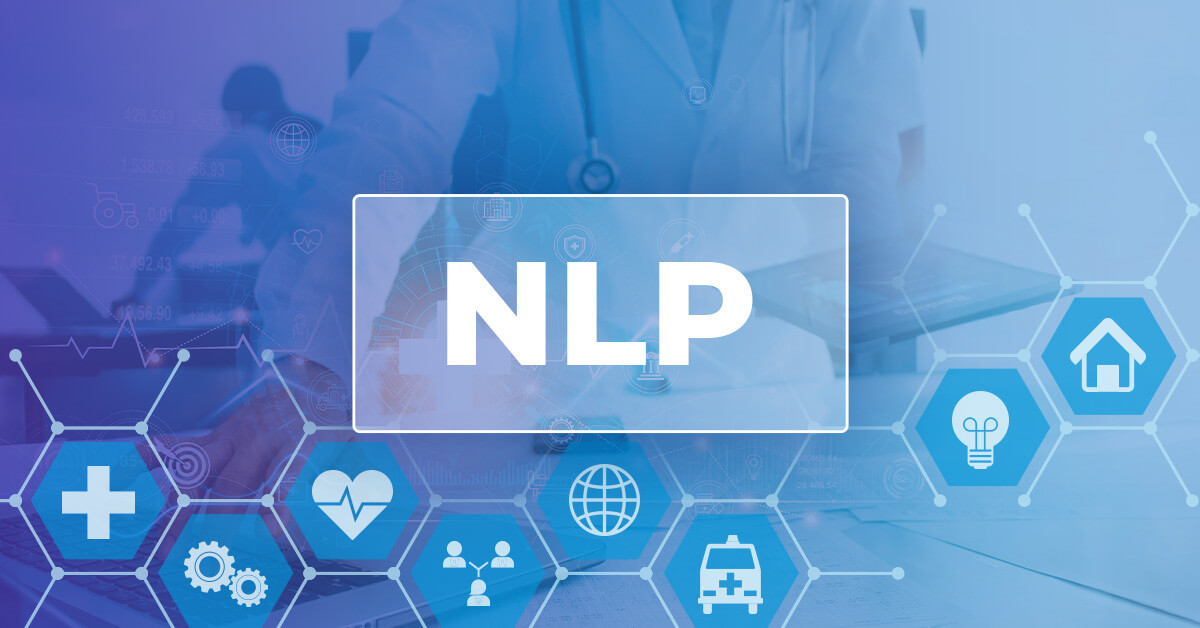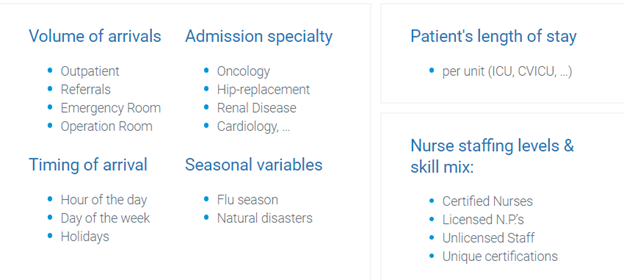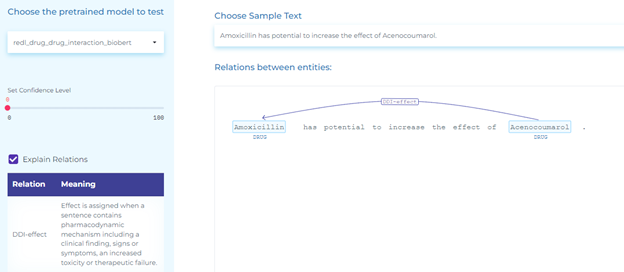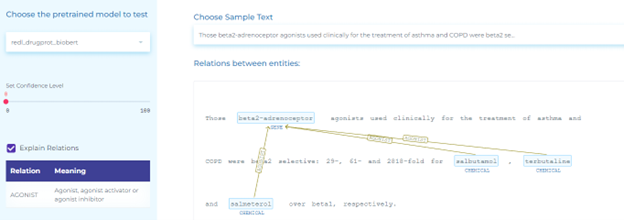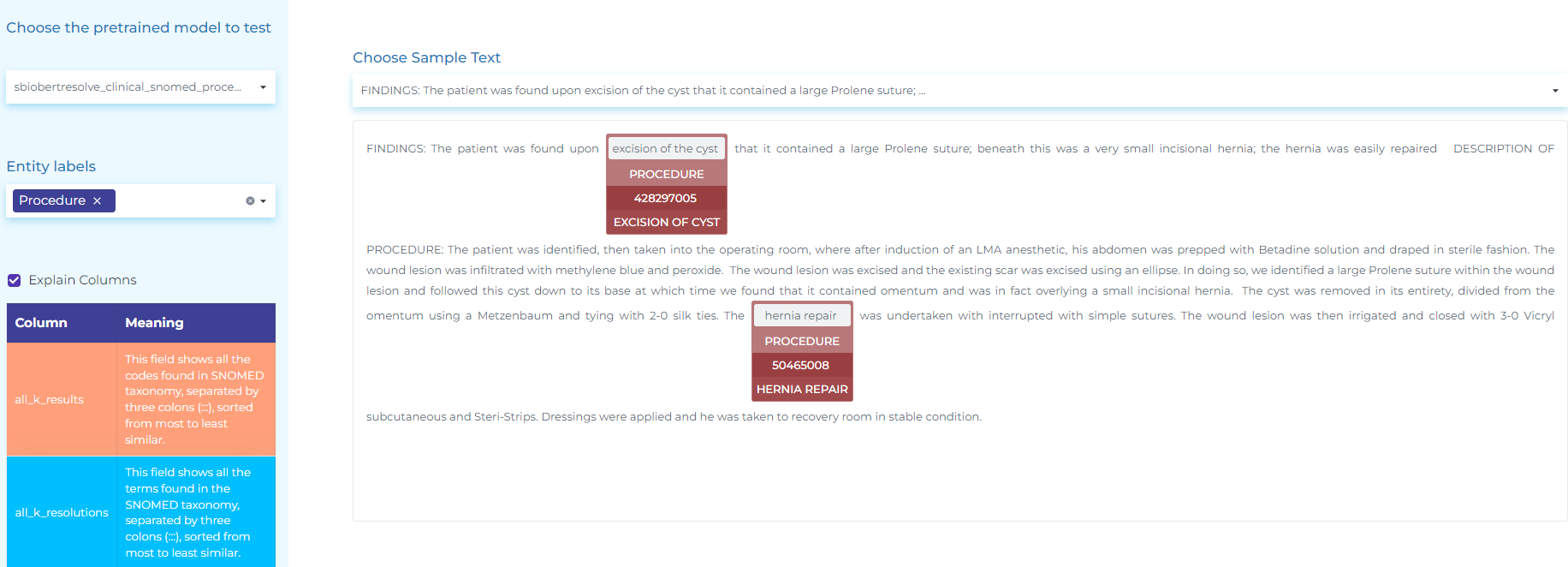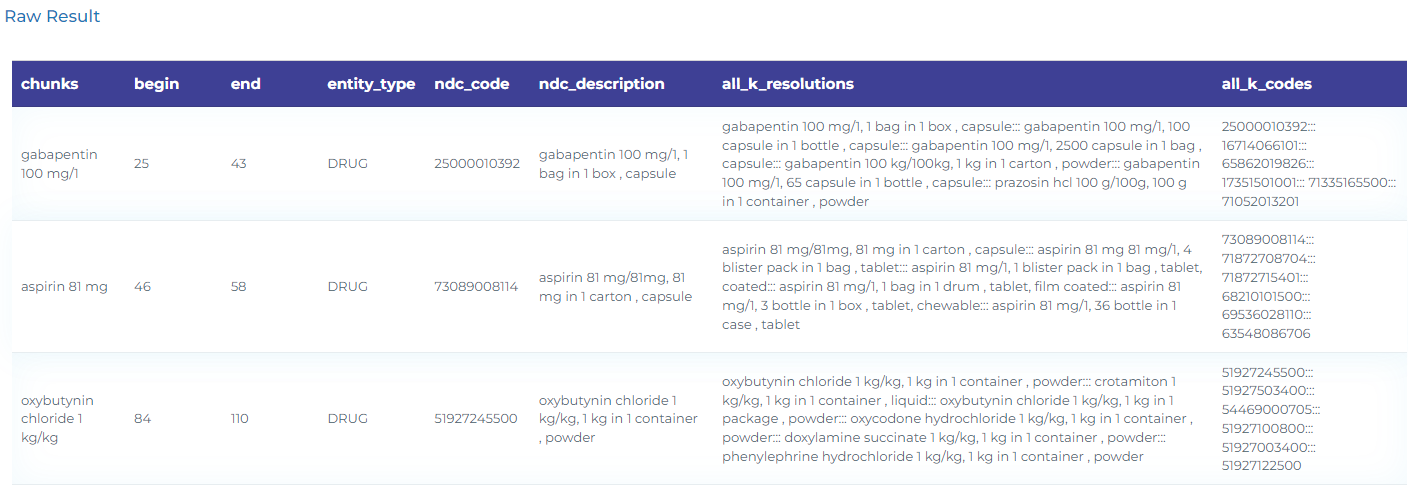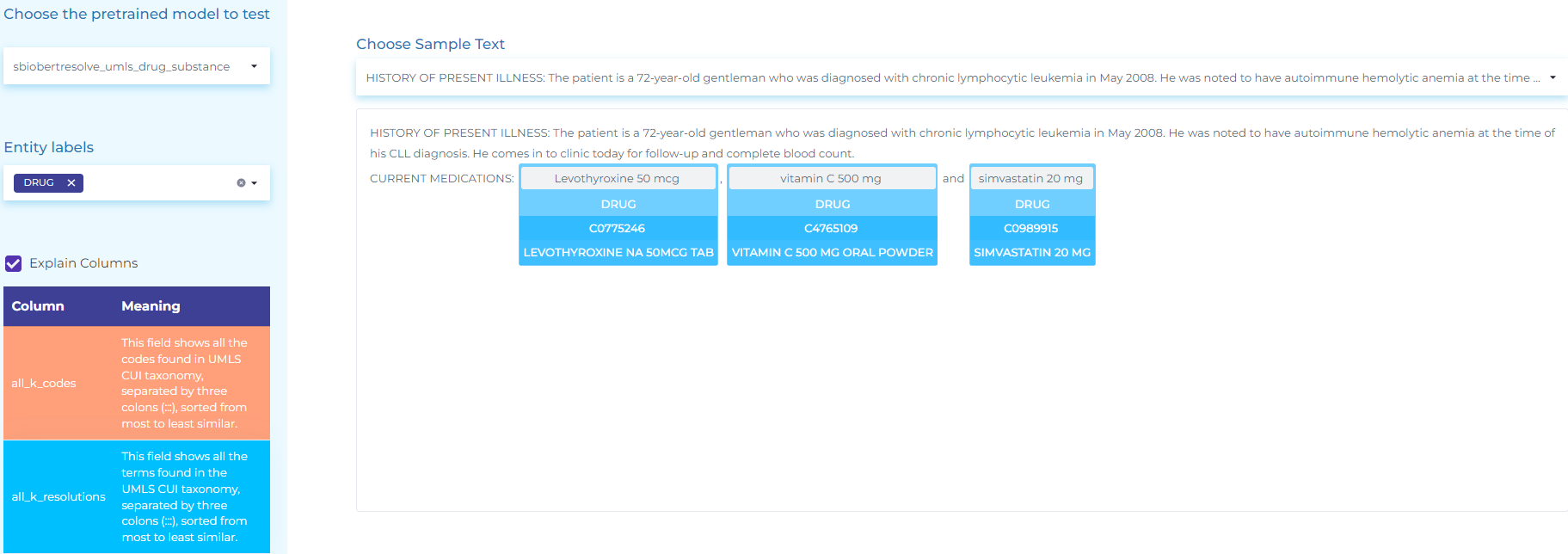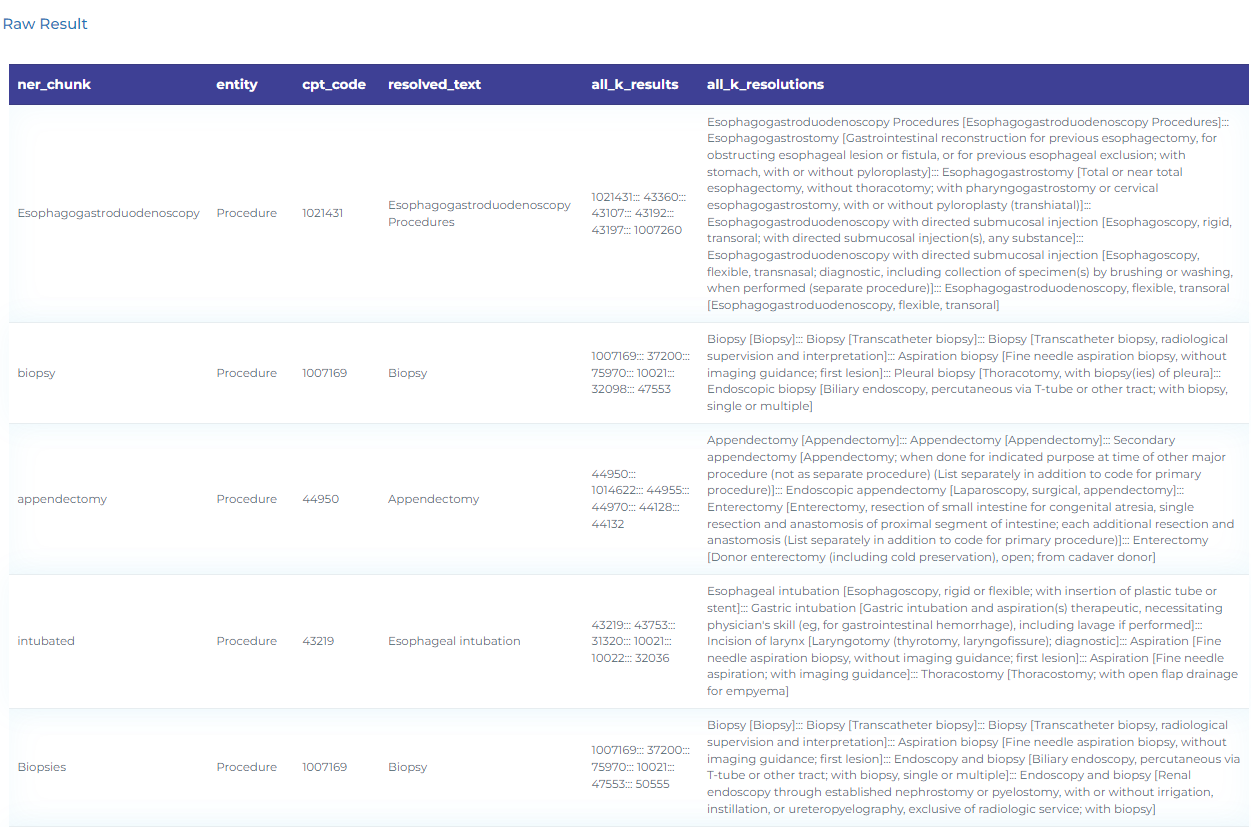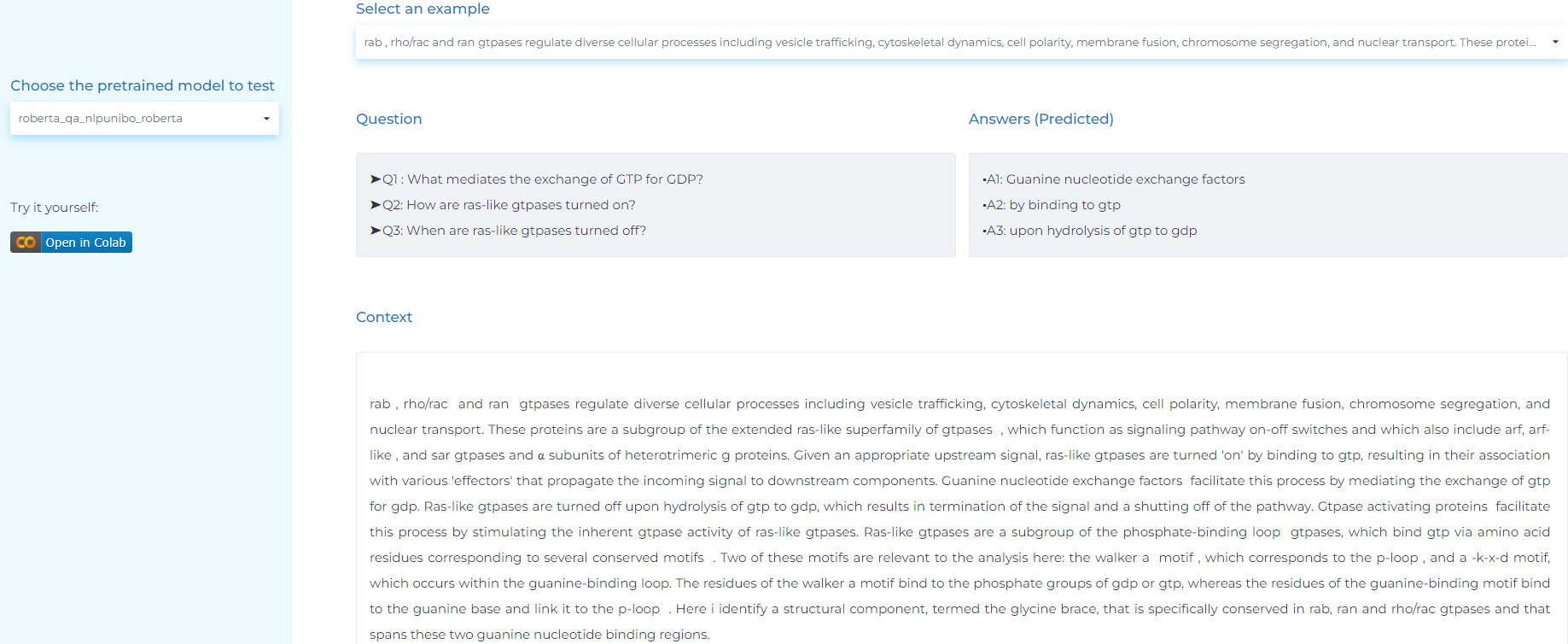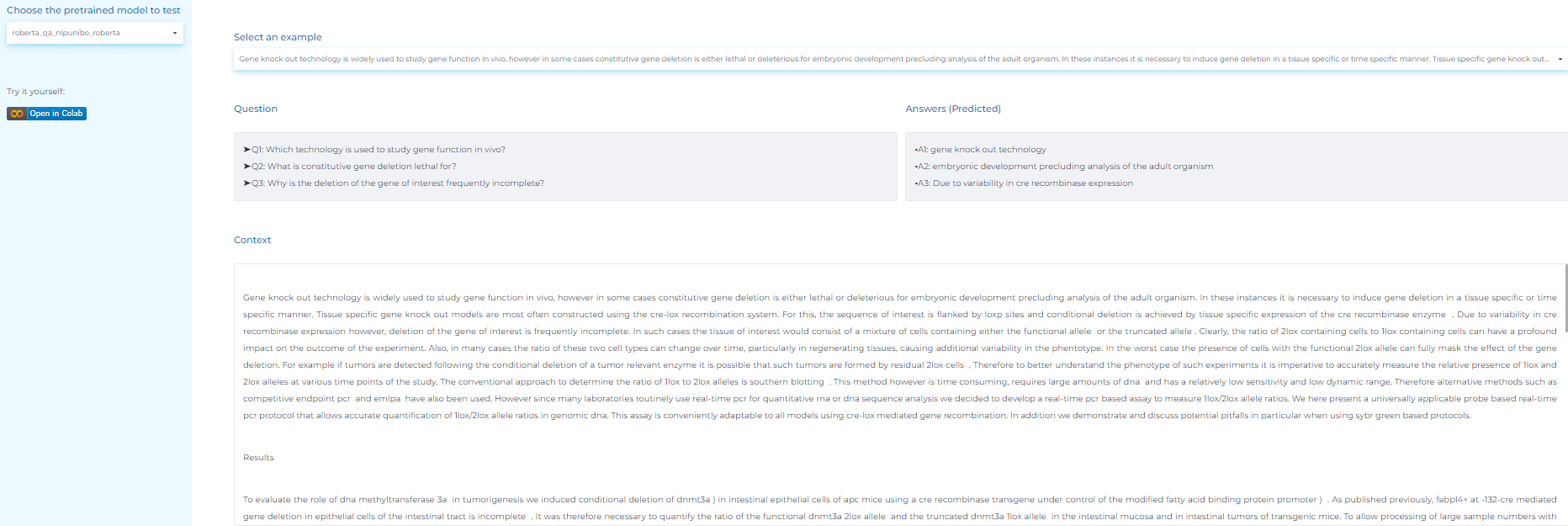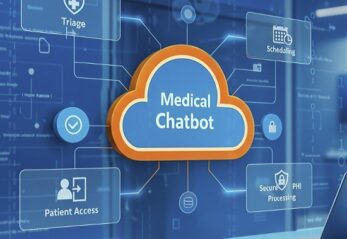In medicine, NLP (Natural Language Processing) is revolutionizing the way healthcare providers manage vast amounts of unstructured data, such as clinical notes, radiology reports, and patient histories. Unlike consumer applications like Alexa or Siri, where NLP identifies patterns in speech, medical NLP dives deeper into patient records to uncover actionable insights. It can interpret complex terminologies, categorize medical conditions, and even predict health outcomes by analyzing past medical data. For instance, NLP helps physicians identify disease patterns, detect adverse drug reactions, and improve treatment personalization. Additionally, it accelerates research by processing large datasets for clinical trials, making NLP an indispensable tool for both diagnostics and research.
These are not the only use cases where Natural Language Processing emerges as a game changer; there are other applications as well. For example, NLP in healthcare is evolving because of its potential to analyze and interpret voluminous amounts of patient datasets. Using advanced machine learning algorithms in Healthcare and Pharma, NLP accurately gives voice to the unstructured data of the healthcare universe.
Building on these advances, NLP systems integrated with multimodal AI are now combining structured clinical data with imaging and genomic insights. This fusion is enhancing disease detection in areas such as oncology and neurology, where subtle patterns may not be captured by traditional methods. Hospitals adopting these approaches have observed notable improvements in diagnostic accuracy and time-to-diagnosis, setting new standards for clinical decision support.
Another important development is the use of federated learning in NLP pipelines, which allows model training across different institutions without transferring sensitive patient data. This strengthens privacy protection while enabling access to broader and more diverse datasets. Early implementations have shown increased robustness and more equitable performance across different patient populations.
Generative NLP applications are also being implemented at scale to support clinical documentation, summarize patient histories, and provide tailored patient education materials. These tools have been shown in practice to reduce the time clinicians spend on documentation and improve patient understanding of their health records, marking a clear shift from experimental projects to essential healthcare infrastructure.
NLP Use Cases in Healthcare and Pharma
Let’s discuss the top use cases of Natural Language Processing in Healthcare and Pharma.
De-identification
De-identification is a general term for any process of removing the association between a set of identifying data and the data subject. It consists of algorithms and processes that can be applied to documents, records, and data to remove any information, which can lead to the identification of the person the document is concerned with. It protects the privacy of the individuals when addressed by people who should not know the person’s identity.
Below are the notable use cases of NLP in medical data de-identification.
- Identification of personal and clinical information such as date, doctor, hospital, ID number, medical record, patient name, age, profession, organization, state, city, country, street, username, zip code, phone number in clinical documents.
- De-identification of protected health information in English, Spanish, French, Italian, Portuguese, Romanian, and German texts.
- De-identification of PHI information from structured datasets using out of the box Spark NLP functionality that enforces GDPR and HIPAA compliance, while maintaining linkage of clinical data across files.
- De-identification of PDF documents using HIPAA guidelines.
- De-identification of PDF documents using GDPR guidelines by anonymizing PHI information.
Adverse Drug Reaction Detection
Natural Language Processing can automatically detect Adverse Drug Reactions (ADR) or events (ADE) from multichannel unstructured data, notes, transcripts and literature. It is capable of doing the following:
- Detecting adverse reactions of drugs in reviews, tweets, and medical text using Spark NLP Healthcare NER (Named Entity Recognition), Sequence Classification, Assertion Status, and Relation Extraction models.
- Automatically identifying Drug, Dosage, Duration, Form, Frequency, Route, and Strength details in clinical documents.
- Automatically identifying relations between drugs, dosage, duration, frequency and strength using our pre-trained clinical Relation Extraction (RE) model.
- Extracting drugs, chemicals and abbreviations using Healthcare NER model.
- Detecting relations between drugs and adverse reactions caused by them.
- Extracting conditions and benefits from drug reviews.
- Automatically identifying drug chemicals in clinical documents.
- Detecting ADE-related texts.
Clinical Data Analysis
NLP analyzes clinical data, accelerates and scales the creation of accurate disease registries, patient cohorts, quality metrics, population health analytics, and social determinants of health.
The notable use cases of NLP in analyzing clinical data are given below.
- Mapping section headers of the clinical visit data to their normalized versions.
- Resolving clinical abbreviations and acronyms.
- Spell checking in clinical documents.
- Automatically detecting sentences in noisy healthcare documents using pre-trained Sentence Splitter DL model.
- Normalizing medication-related phrases such as dosage, form and strength, as well as abbreviations in text and named entities extracted by NER models.
- Detecting anatomical references (Anatomical System, Cell, Cellular Component, Anatomical Structure, Immaterial Anatomical Entity, Multi-tissue Structure, Organ, Organism Subdivision, Organism Substance, Pathological Formation) in clinical documents.
- Extracting chunk key phrases in medical texts.
- Extract clinical abbreviations and acronyms from medical texts.
Clinical Trial Management
Clinical Trials are research studies that aim to evaluate how new medical approaches work on humans. They are important to examine the safety and efficacy of new treatments. Conducting clinical trials is expensive and time-consuming as it consists of various phases. Though a portion of the clinical trial report contains well structured information searchable using keywords, most of the information is still buried in an unstructured format. Natural Language Processing automates the clinical trial process by providing the following benefits.
- Extracting concepts related to drug development including Trial Groups, End Points and Hazard Ratio.
- Classifying Randomized Clinical Trial (RCT).
- Detecting Covid-related clinical terminology using Healthcare NER model.
- Extracting Entities in Clinical Trial Abstracts.
Patient Care and Monitoring
Unstructured data contains plenty of information that can play a significant role in improving patient monitoring and clinical decision making. Natural Language Processing sorts through unstructured data and helps healthcare providers improve patient care, disease diagnosis, and research efforts.
Below are the use cases of NLP in improving a patient’s mental health.
- Identifying depression for patient posts
- Identifying intimate partner violence from patient posts
- Identifying stress from patient posts
- Identifying the source of stress from patient posts
Precision Medicine
The unstructured medical text data is a rich source of information that offers insights regarding the patient’s journey. The treatment process of a patient depends on factors such as genetic predisposition, clinical history, and the correlation between existing symptoms and conditions. All of this information can be found in text data and NLP provides a means of accurate computational phenotyping from the data, driving precision medicine.
Precision medicine is a medical model that proposes personalized medical decisions, treatments, practices or products likely to help the patient based on his/her medical record.
NLP in Precision medicine improves time efficiency and provides more free time to medical practitioners to focus on other work. NLP systems help the practitioners evaluate decisions in various clinical domains, thus reducing errors in medical decisions and saving time.
Clinical Decision Support
Below are the process steps Natural Language Processing follows to provide clinical decision support:
- Extract – Extracting real-time information from unstructured text
- Build – Building a predictive model using the extracted information
- Apply – Getting timely and accurate support in clinical & operational decisions
The notable use cases of NLP in providing clinical decision support are given below.
- Prediction of hospital bed demand by real time analysis of clinical notes – The key factors that influence a patient’s flow (How likely they are to be admitted? For how long? For what?) are shown below:
NLP enables real-time decision-making and strategic planning, by predicting:
- Bed time
- Safe staffing levels
- Hospital gridlock
- Automatic notification of patient aggression risk for psychiatric admitted patients – Aggression is one of the most common concerns in psychiatric units. NLP improves scalability and productivity of aggression assessment in psychiatric and non-psychiatric point of cares.
- Extraction of clinical knowledge from pathology, radiology, and genomics reports – Recent advances in deep learning have raised the bar on achievable accuracy for tasks like Named Entity Recognition, Assertion Status detection, Entity Resolution, and others, using novel healthcare-specific models.
Biomedical Research
NLP techniques automate the extraction of statistical and biomedical information from textual data such as scientific literature and clinical/medical data. They also provide benefits in terms of performance, efficiency, productivity, and innovation.
Below are the notable use cases of NLP in biomedical research.
- Detecting possible interactions between drugs using out-of-the-box Relation Extraction Spark NLP model.
- Classifying medical texts in accordance with PICO Components.
- Detecting possible relationships between chemicals and proteins using a predefined Relation Extraction model.
- Detecting interactions between chemical compounds/drugs and genes/proteins.
- Identifying pathogen concepts from clinical text.
- Extracting general medical terms in text like body parts, cells, genes, symptoms, etc.
Entity Resolution
Natural Language Processing can be used to map the detected entities to standard codes such as ICD-10 that is split into two systems:
- CD-10-CM (Clinical Modification), for diagnostic coding
- ICD-10-PCS (Procedure Coding System), for inpatient hospital procedure coding.
Below are the notable use cases of NLP in resolving entities to terminology codes.
- Mapping clinical terminology to SNOMED (Systematized Nomenclature of Medicine) taxonomy. The figure below shows how healthcare information about procedures and measurements can be mapped to SNOMED codes using Entity Resolvers.
- Mapping clinical terminology to ICD-10-CM taxonomy. The figure below shows how to map clinical findings to ICD-10-CM codes using Entity Resolvers.
- Mapping drug terminology to RxNorm taxonomy
- Mapping healthcare codes between taxonomies
- Mapping laboratory terminology to LOINC taxonomy
- Resolving Clinical Health Information using the HPO taxonomy
- Resolving Clinical Health Information using the MeSH taxonomy
- Resolving Clinical Findings using the UMLS CUI taxonomy
- Resolving Clinical Health Information using the NDC taxonomy
- Resolving Drug Class using RxNorm taxonomy
- Resolving Drug and Substance using the UMLS CUI taxonomy
- Resolving Clinical Procedures using CPT taxonomy
Medical Question Answering
Natural Language Processing can combine information extracted from medical research, clinical trials, ontologies, and other sources into a knowledge graph – and answer natural language questions about the content.
Here is an NLP use case in medical question answering.
- Automatic generating of answers to questions with context in clinical documents.
What Immediate Benefits Can Healthcare Organizations and Doctors Gain from NLP?
Natural Language Processing (NLP) is reshaping healthcare and pharmaceutical industries by extracting valuable insights from vast, unstructured medical data. NLP processes complex clinical notes, radiology reports, and patient records, transforming them into actionable information that enhances diagnostics, treatment plans, and patient care. In healthcare, NLP enables the identification of disease patterns, prediction of health outcomes, and detection of adverse drug reactions. For pharma, it streamlines clinical trial management and accelerates drug discovery by analyzing medical literature and research data. These NLP applications are key to driving precision medicine and improving patient outcomes.
Conclusion
What Immediate Benefits Can Healthcare Organizations Gain from NLP?
Healthcare organizations are increasingly adopting NLP in healthcare projects to revolutionize care delivery and optimize solutions. By integrating machine learning in healthcare, organizations can enhance workflows for providers and improve patient outcomes. NLP use cases in healthcare offer immediate, transformative benefits.
NLP Applications in Healthcare: A Summary
- Enhancing Patient Interaction with Providers and EHR Systems
NLP solutions bridge the gap between complex medical language and patient understanding. They ease EHR-related challenges, enabling clinicians to dictate or write notes more efficiently, reducing administrative burdens. - Boosting Patient Health Awareness
Despite having access to EHRs, many patients struggle to comprehend their health data fully. NLP use cases in healthcare can address this gap, empowering patients to make informed health decisions by simplifying complex medical information. - Improving Care Quality
NLP tools help healthcare organizations assess care quality, track physician performance, and identify care gaps. These solutions aid in value-based reimbursement by analyzing and enhancing care delivery processes. - Identifying Patients with Critical Needs
NLP algorithms can mine vast datasets to identify patients requiring urgent attention, providing physicians with the data necessary to address complex healthcare challenges swiftly.
How Can Doctors Benefit from NLP in Healthcare Projects?
A recent study found that physicians spend nearly 49% of their time on EHR-related tasks, leaving only 27% for direct patient care. This administrative load contributes to physician burnout, affecting both their well-being and patient care. NLP applications in healthcare projects provide potential solutions to this pressing issue.
Reducing Paperwork and Boosting Efficiency
NLP-powered systems can interpret and document medical information in real time, freeing doctors from manual data entry. This reduces paperwork, enhances efficiency, and allows more time for patient care.
Real-Time Clinical Data Analysis
Advanced NLP tools can process vast clinical data in seconds, extracting key insights. For instance, an NLP model can summarize a patient’s medical history swiftly, delivering a comprehensive overview of essential findings and prior treatments.
Computer-Assisted Coding (CAC)
NLP applications in healthcare extend to CAC, which converts extensive chart notes into concise, actionable information. This streamlines workflows, accelerating the identification of crucial data and enhancing overall efficiency.
FAQ:
- How is NLP currently transforming healthcare and pharmaceutical research?
NLP is turning unstructured clinical and biomedical data into actionable insights, helping physicians improve diagnosis, streamline documentation, and accelerate clinical trial processes. - What are the latest advancements in NLP for healthcare?
Recent breakthroughs include multimodal NLP systems that integrate genomic and imaging data, federated learning to protect patient privacy, and generative models that draft clinical documentation at scale. - How does NLP improve patient outcomes and care quality?
By detecting disease patterns, monitoring adverse drug reactions, and simplifying medical terminology for patients, NLP enables earlier interventions, better treatment personalization, and improved health literacy. - Is NLP adoption safe with respect to data privacy regulations?
Yes. Modern NLP systems are designed with compliance in mind, using de-identification techniques and federated learning approaches that align with HIPAA, GDPR, and other global data privacy frameworks. - What immediate benefits can doctors and hospitals expect from NLP adoption?
Healthcare providers gain faster access to patient insights, reduced documentation time, improved decision support, and the ability to focus more on patient care rather than administrative tasks.
























